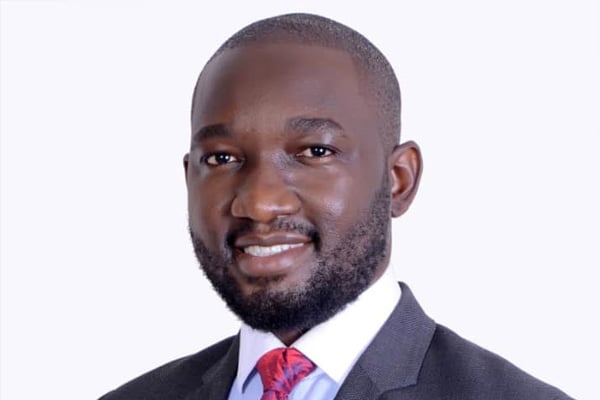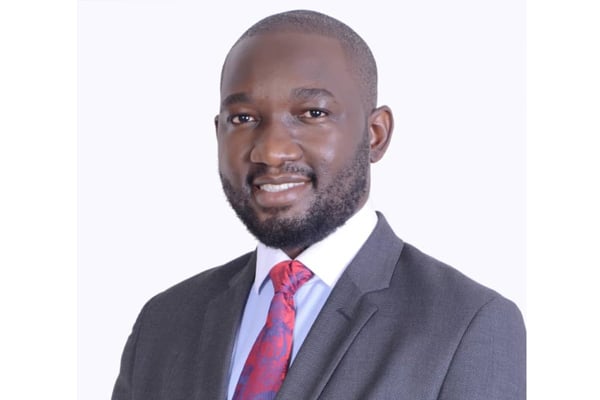Prime
Joshua Cheptegei, Moses Kiplimo and the brand value of our sportsmen

Ivan Ojakol
Success does indeed have many fathers. This adage has never been truer in this part of the world than whenever our sports heroes excel at international sports events.
This week, one of the greatest Ugandans ever, Joshua Cheptegei and his sidekick, Moses Kiplimo as they did at the Tokyo Olympics a year ago brought unbridled joy to Ugandans as they bagged gold and bronze respectively in the 10,000m finals at the on-going World Athletics Championships in Oregon.
As has often been the case, social media went ablaze with congratulatory messages as all and sundry perhaps out of patriotism and/or otherwise basked in the glory of the two stars’ triumph.
In the past, especially during the Olympics season, local sports administrators, not impressed with some of these antics from corporate companies, which they termed “free-riding,” have come and even threatened legal action. The Olympic movement due to the enormous economic and political power of the Olympics as stipulated in the Olympic Charter protects its rights to and in the Olympic games and perhaps that is what could have prompted the Uganda Olympics Committee to warn the “free-riders”.
Often, our sportsmen do not get that much support except for a few handouts here and there from the government and some corporates. The argument is therefore valid that those who have not invested should not tap into and benefit from the strong brand value and star power of our sporting heroes except for celebrating them in front of their television screens.
Joshua Cheptegei is now undoubtedly a global brand, double world marathon champion, Olympic champion, and world record holder in both the 5,000 and 10,000 meters. If he has not done so already, there is potentially a lot of revenue that can be generated by protecting his brand. The law provides avenues through which this protection can be achieved.
Uganda has a good Intellectual Property legal regime and as far as trademark registration is concerned, the Trademarks Act, 2010 and its attendant Regulations rule. Trademark registration can also be obtained regionally through the African Regional Intellectual Property Organisation.
This trademark and brand protection will come in handy in enabling our superstars to prevent unauthorized exploitation of their brands and enable them to cash in effectively on endorsement deals.
Cheptegei can start with trademarking his Silverback celebration where he sticks his tongue out, draws his chest, and thumps it. There are precedents to this-Gareth Bale obtained trademark registration for his “eleven hearts” goal celebration.
Image rights which Ugandan case law has defined as the “right of an individual to the commercial use of his or her name, image, likeness, or other unequivocal aspects of one’s identity.” Image rights do not require registration; they should flow naturally from the big brands that our sporting heroes have established as a result of their success on the field.
Understandably, Cheptegei and any other sports hero especially in parts like Africa might not want or be interested in strictly enforcing his Intellectual Property rights so as not to discourage his legion of fans or even come off as too capitalistic. But it is high time that our sports people intently invested in earning off the sweat of their brow beyond their active sports years, which as we all know are short.
They should be able to live off their extraordinary star power way into their retirement and this can only be achieved through strategic and aggressive brand protection. This could perhaps bring to an end sports-corporate free riding and have them put their skin in the game.
The author is a Sports Lawyer and Lecturer | [email protected]



